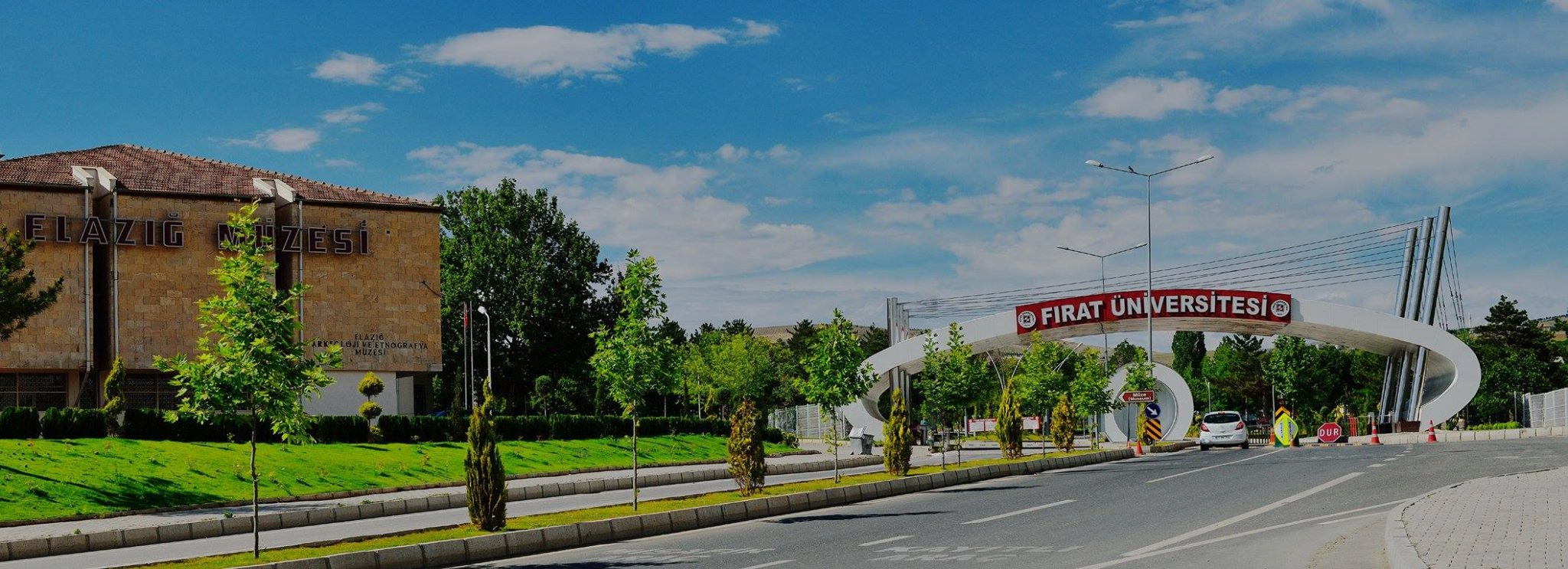
About
About Us
1. Objective:
The aim is to train Metallurgical and Materials Engineers equipped with advanced knowledge and skills, who can adapt to evolving technologies, contribute to universal standards with contemporary ideas and thoughts, engage in innovative and pioneering initiatives, and create a peaceful, high-quality, collaborative, and meaningful productive environment with theoretical and practical courses in the field of Metallurgical and Materials Engineering at the undergraduate level.
Vision:
To provide a top-tier engineering education that meets the needs of the industry by combining theoretical knowledge with strong practical applications. To cultivate individuals equipped with up-to-date technological knowledge, capable of utilizing and transferring this knowledge, and to become a leading department through projects, research, development, and internationally recognized scientific publications.
Mission:
Values:
2. The Role of Metallurgical and Materials Engineering:
The Department of Metallurgical and Materials Engineering operates with three main disciplines: Materials Science, Production Metallurgy, and Ceramics.
The curriculum of the department within the Faculty of Technology is equivalent to the curriculum of Metallurgical Engineering under the Faculty of Engineering. Students coming from Vocational Technical Secondary Education Institutions (M.T.O.K.) via the national university entrance exam (ÖSS) are subjected to exemption exams in core subjects (Mathematics, Physics, Chemistry) before starting engineering education. Successful candidates proceed with regular engineering education, while those who do not pass must complete a one-year preparatory course before continuing their engineering education.
3. Employment Opportunities:
Metallurgical and Materials Engineers can work in public institutions as application engineers and in the private sector in areas such as manufacturing, steel, non-ferrous metal production facilities (e.g., Seydişehir Aluminum), heat treatment, casting, and many other industrial sectors. They also have opportunities in material design and marketing. Graduates may establish their own engineering offices or work as engineers on construction sites.
4. Graduation Requirements:
The duration of education is four years (eight semesters). In addition to successfully completing all courses, students must complete the workplace training in the 7th semester to graduate.
5. Internship Requirements:
Program students must complete two internships: one in their field and one in organizational management, amounting to one semester (7th semester). The internship should be conducted in a well-established public or private sector organization relevant to the department’s goals. Upon completing the internship, the student's success will be evaluated based on approval from the organization supervisor and an oral examination conducted by the departmental internship committee. Student suggestions for internship locations will be considered, but the department must approve the adequacy of the proposed location. Efforts will be made to allocate quotas for internship locations within the province or other regions, with protocols being signed. Efforts by the Higher Education Council (YÖK) regarding this matter are ongoing.
6. Engineering Title:
In the Higher Education Executive Board meeting held on 08.07.2014, it was decided that the engineering programs within the Faculty of Engineering and the Faculty of Technology are equivalent. Graduates of these programs are entitled to use the title of Engineer. The relevant decision letter can be accessed here.
Quick Access